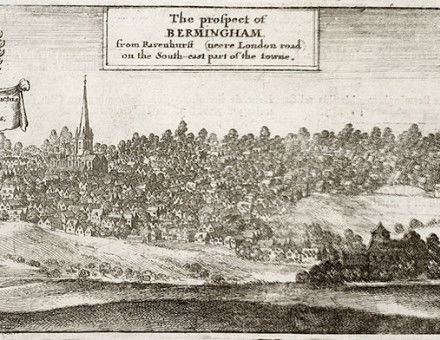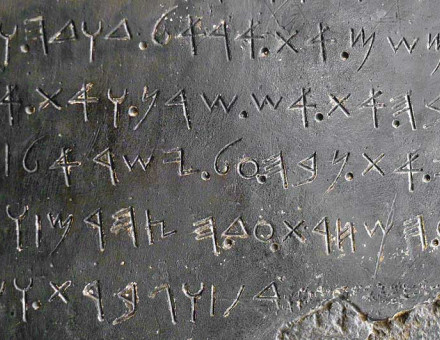The Origins of the First World War
Robert Pearce distributes a survival kit for the most hazardous causation question of all.
What caused the First World War? This is a perfectly legitimate historical question. Historians have always been primarily concerned with change and thus with the causes of change. Also, we have to be concerned with big issues and really formative events - like the 1914-18 war. The Great War not only killed about nine million people and ended Europe's supremacy in the world (so that, according to Sellar and Yeatman, America became 'top nation' and history came to a full stop); it also transformed the political map of Europe. Indeed some of the major features of European history between the wars - like Soviet communism, the rise of Fascism and Nazism, and even the depression of the 1930s - are unthinkable apart from the legacy of the war. It also changed the way we perceive the world. It may be said, with pardonable exaggeration, that 'modern consciousness', at least for Westerners, began in 1914. The question of why the war began is thus an important one; but it is also immensely difficult, if not impossible, to answer.





